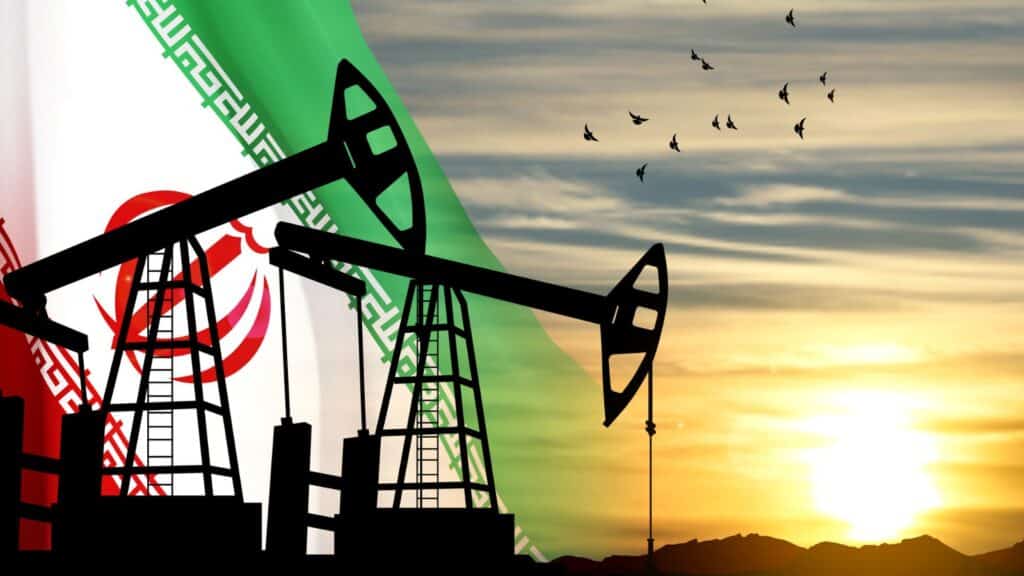The Balochistan government has enforced a permanent ban on the smuggling and sale of Iranian petrol and diesel, in response to mounting security threats and economic losses. Intelligence reports have revealed that militant groups, including the Balochistan Liberation Army (BLA) and other insurgent outfits, have been using fuel smuggling networks to fund terrorist activities and maintain influence in border regions.
The porous 900-kilometer border with Iran has long been exploited for large-scale fuel smuggling. According to government data, an estimated 2.8 billion liters of Iranian petrol and diesel are smuggled into Pakistan annually via Balochistan, causing a loss of Rs. 227 billion to the national exchequer.
In a decisive move, the Quetta district administration sealed more than 600 illegal Iranian petrol stations across the provincial capital. Authorities have confirmed that the action is part of a wider campaign to disrupt militant financing networks and restore state writ in the region.
Security agencies have also increased surveillance along the Iran-Pakistan border, as the smuggling routes are often used not just for fuel but for arms, explosives, and militant movement.
Despite the urgent national security rationale, the decision has drawn sharp criticism from opposition lawmakers in the Balochistan Assembly, who argue that it could worsen the economic plight of local communities. Business groups have echoed these concerns, warning that the crackdown may lead to rising unemployment and poverty.
Nonetheless, the government has emphasized that economic stability and internal security cannot be compromised, particularly when the proceeds of smuggling are linked to terrorism and separatism. Authorities have pledged to continue their multi-agency operation to eradicate these illegal networks and safeguard national interests.





